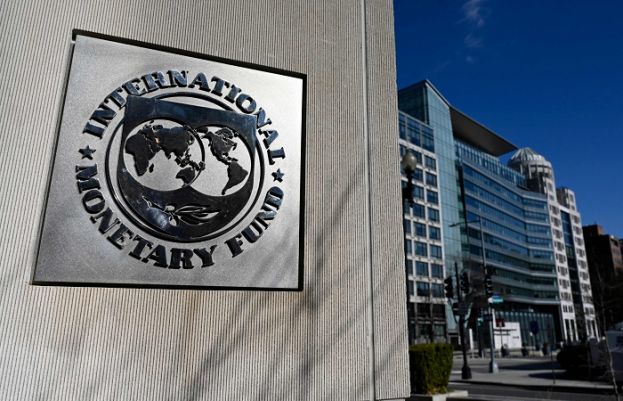The International Monetary Fund (IMF) team is set to visit Pakistan on September 25 to conduct the second review under the $7 billion Extended Fund Facility (EFF), The News reported on Friday. This visit aims to assess the country’s progress on economic reforms and fiscal targets agreed with the IMF. In the wake of devastating floods, the macroeconomic framework might have to be revised downward/re-adjusted, including the real GDP growth rate, CPI-based inflation, monetary policy, exports, imports, and tax revenues for the current fiscal year. The GDP growth is likely to be revised downward from 4.2% due to the severe impact on the agriculture sector and possible escalation in inflationary pressures owing to supply disruptions of food items. The CPI-based inflation might go up beyond the envisaged target of 5% to 7% for the current fiscal year. The export sector might also witness a dip, especially in rice exports, and import,s which are expected to witness a surge mainly because of damage to the farm sector caused by floods. The trade deficit had already widened before the floods. The implementation of Agriculture Income Tax (AIT) will also be discussed in detail, as the IMF will seek details about its potential for collection. The tax revenue target for the end of September 2025 will also become a major headache for the Pakistani negotiators in the upcoming review talks. The delay in releasing the Governance and Corruption Diagnostic (GDC) Assessment report has proved another bone of contention between the two sides because Islamabad had not granted permission to the IMF to release its report. The IMF had publicly committed to publish this GCD Assessment Report by the end of August 2025, but this deadline was already missed. “The IMF review mission is scheduled to visit Pakistan from September 25 to October 8, 2025, for second review talks and release of the third tranche worth $1.1 billion under EFF. Both sides will have to strike an agreement on the Memorandum of Economic and Financial Policies (MEFP) for making re-adjustment in macroeconomic numbers aligned with the realities emerged on continuous devastating floods,” top official sources confirmed while talking to the publication. Pakistan is committed to amend the Sovereign Wealth Fund (SWF) Act and other legislation, in consultation with Fund staff and in line with MEFP to adopt appropriate governance mechanisms and safeguards. following international standards and good practices to (i) ensure that SOEs under the ownership of the SWF revert to the SOE Act’s governance principal nature as a holding company, and appropriate fiscal safeguards are in place for the SWF’s operations by end March 2026. The review talks will take place in two stages: technical talks followed by policy-level negotiations. The IMF team will engage with the Ministry of Finance, Ministry of Energy, Ministry of Planning, the State Bank of Pakistan, and regulatory bodies such as FBR, OGRA and NEPRA. Separate rounds of talks will also be held with provincial governments of Punjab, Sindh, Khyber Pakhtunkhwa and Balochistan. Pakistan has so far received $2.1 billion under the $7 billion EFF arrangement. To secure the next tranche, however, the government will have to demonstrate progress on structural reforms and bridge a significant fiscal gap. The Federal Board of Revenue (FBR) has been tasked with collecting Rs. 3.1 trillion during July–September, but in the next two weeks alone, it will need to mobilise nearly Rs. 1.1 trillion to hit the quarterly target. The FBR envisages tax collection target of Rs1.385 trillion for September 2025. However, keeping in view the shortfall so far in the first two months, the FBR requires a collection of Rs1.44 trillion in September to materialise the desired target of Rs 3.08 trillion on September 30, 2025. The FBR had envisaged an annual tax collection target of Rs14.13 trillion for the current fiscal year. The revenue collection efforts were hampered by recent floods and lower receipts from utilities, leaving the FBR with a shortfall of Rs50 billion. Of this, more than Rs25 billion in tax losses are directly linked to flood damage in Punjab, where the overall impact is estimated at Rs34 billion. Tax offices from Sialkot to Bahawalpur have reported less collections than half of normal levels, while nine field formations, including Lahore, Gujranwala, Multan, Sahiwal, and Sargodha, have all seen significant declines. The FBR requires a 21% year-on-year growth in tax collection to meet its July–September target, but collections until August had grown only 15%. With these slippages and structural issues, Pakistan is expected to face tough negotiations with the IMF mission later this month. This scribe sent a message to the Ministry of Finance spokesman and inquired about the expectation from the upcoming review talks, but got no reply till the filing of this report.
IMF Mission to Visit Pakistan on Sept 25 for Second Review of $7bn Loan Program

